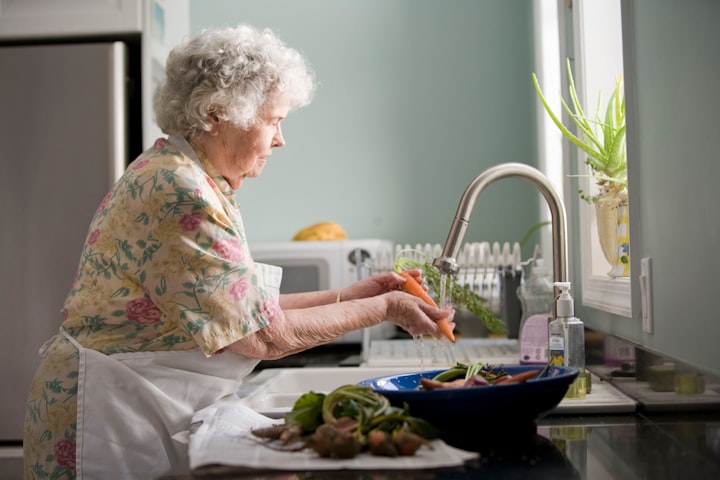How to Care For Your Elderly Relatives During COVID-19
Are you caring for or living with an elderly relative? Here are some ways you can ensure they stay safe and connected.
If you’re caring for an elderly relative or you live in a multigenerational household, you may have concerns about how COVID-19 will affect them, both directly and indirectly. Evidence suggests that older people are more likely to experience serious and life-threatening complications from the virus.
Aside from maintaining good hygiene, washing your hands and keeping your home sanitised, there are things you can do to minimise the risk of spreading this disease to your older relatives and reducing the negative impact it can have on their mental wellbeing.
1. Keep non-essential doctor visits to a minimum
Unless there is an emergency, it is a good idea to postpone any non-essential medical appointments. For minor concerns, there are a number of excellent telehealth services available, which you can book online with your existing GP. By adhering to social distancing and keeping these visits to a minimum, you can reduce the risk of transmission. If your elderly relative is worried about this disruption to their routine, reassure them that they will have access to everything they need and try to assist them where possible. You can put their mind at ease by stocking up on medications and other essential items.
2. Encourage them to use technology to stay connected
Social connectedness is vital at this time, especially for older people who may already feel isolated. Many older people use technology to communicate with friends and family, but may have limited capabilities or are perhaps unaware of all the ways these apps can work. If your relative is open to learning, you can introduce them to new ways to stay in touch and all the features they can access, such as captions for those with hearing difficulties. If they’re reluctant to get onboard, keep things simple—set up their account for them and give them a quick tutorial on how to make a video call on a device they already have, such as a smartphone or desktop computer.
3. Take precautions against coronavirus-related scams
Older people are particularly vulnerable to being scammed and unfortunately, a number of coronavirus-related scams have recently emerged. Some are asking for donations to non-existent charities while others are phishing scams trying to trick people into giving out their personal information. Some of these scams even appear to look like official messages from the government and include text messages telling people they have been fined for leaving their home during lockdown.
If you’re concerned your elderly relative may be susceptible to such scams, be sure to sit down with them and explain what to look out for and to avoid clicking links or opening emails from senders they don’t know. You may even have to do some research yourself to stay up to date.
4. Have a plan
In addition to keeping your medication supplies stocked and staying sanitised, you also want to have a plan in place. Keep an emergency contact—this should be someone who is not a caregiver in case this person is unavailable or becomes unwell.
This is particularly important for those living in a care facility such as a nursing home. If you or someone close to you does become ill, it’s a good idea to have a response in place.
Now that we’re seeing many COVID-19 restrictions being lifted, it’s vital to stay up to date and continue following the guidelines set by your state or regulatory government body. Although everything may seem uncertain now, by taking into account these steps you’ll be able to ensure your elderly relatives stay safe during this time.
For older Australians, there are a number of reliable resources you can check out that will keep you and your relatives updated including the health.gov website and my aged care Australia.
About the Creator
Emilly Parris
Freelance writer covering topics in education, career development and the charity sector.







Comments
There are no comments for this story
Be the first to respond and start the conversation.